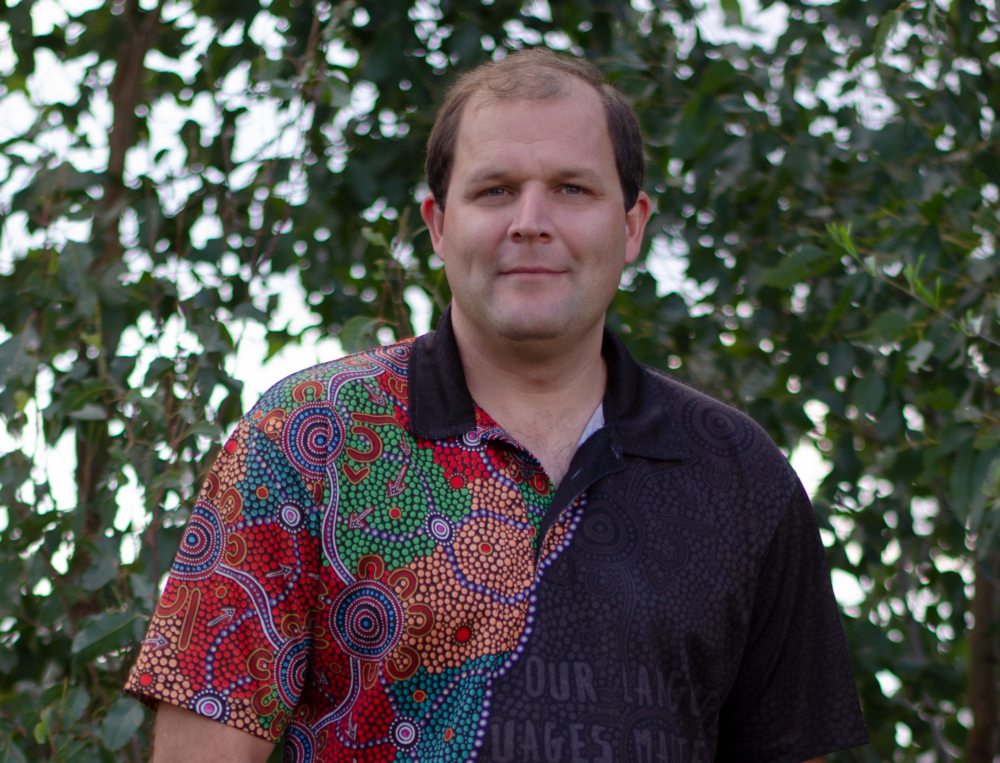By Neena Bhandari
Sydney, 04.01.2021 (Hireup): Aboriginal-owned and driven research is essential to enable Indigenous people to have a voice in disability policy, says John Gilroy, a Koori man from the Yuin nation. His lived experience of growing up with a significant speech impediment, linked to a chronic respiratory condition, has made him a passionate advocate of Aboriginal and disability rights.
He recommends the National Disability Insurance Agency (NDIA) should invest more resources into building and up-skilling the current National Disability Insurance Scheme (NDIS) planning workforce and the Aboriginal community-controlled services sector.
“The NDIS is built on a white fella capitalist viewpoint of purchasing services and working on for-profit market-based philosophies. This goes against the grain of how many Aboriginal people want to engage with services and supports relating to their disabilities or being carers of people with a disability,” says Gilroy, associate professor and deputy director of Aboriginal and Torres Strait Islander Research at the University of Sydney.

